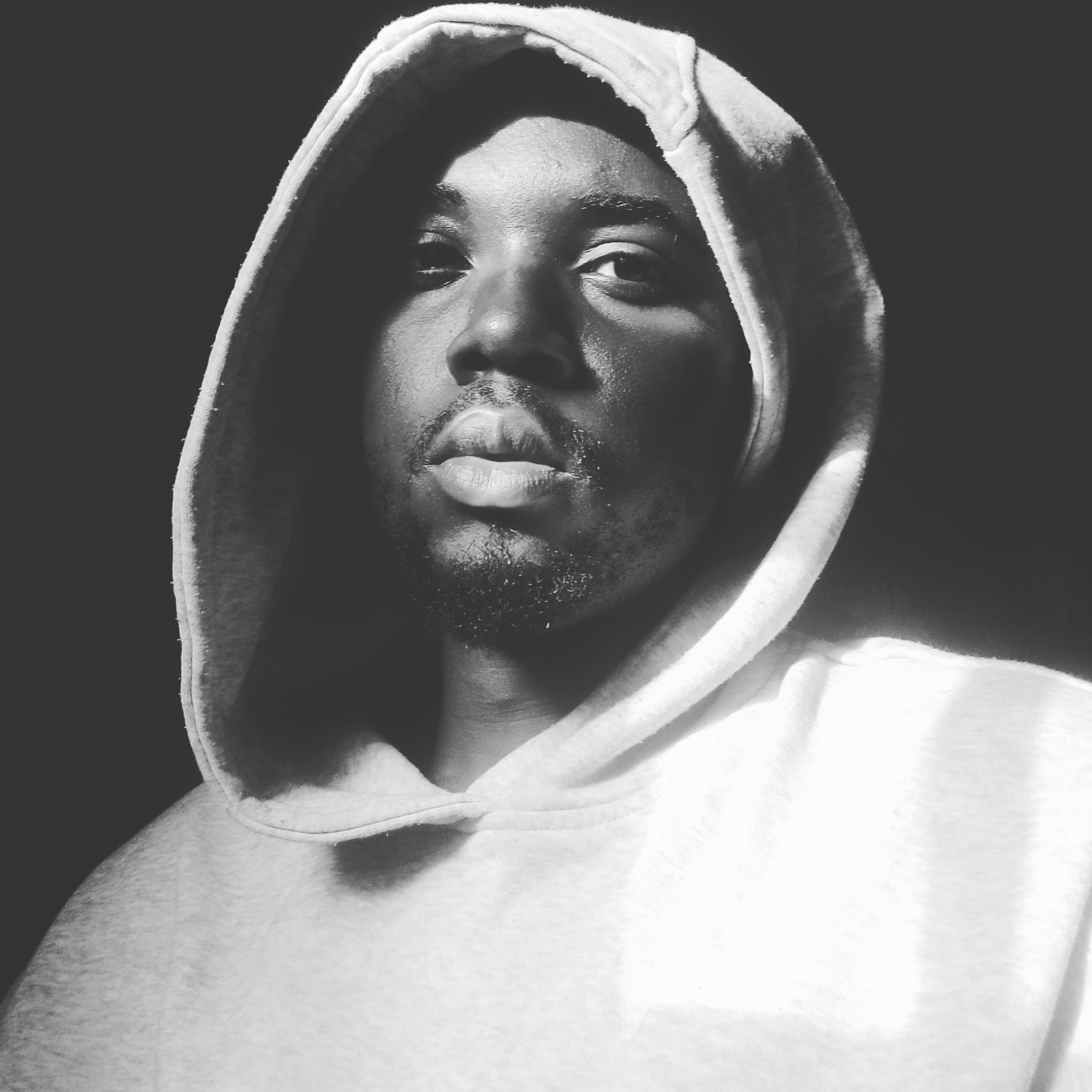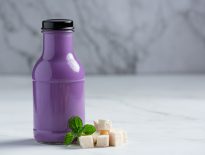I was fourteen and had just written the JSCEs. I had nothing else to do so I spent all my time in my room, playing video games and perusing sultry paperbacks whenever the power went out. My father disapproved and sentenced me to my grandparents in Zaria. It felt like I’d fallen from a spacecraft and they were the natives of a planet with whom I had nothing in common. I struggled but couldn’t translate myself into a language they could comprehend.
I read the novels I’d brought, listened to sad American pop songs and attended Islamiyya, where I was enrolled for Islamic tarbiyya.
The days crawled on.
I arrived late to masjid one maghrib and had to pray alone. I caught the eyes of a boy about my age praying into his palms which were lifted and cupped before his face. He smiled. I froze and dropped my gaze.
He caught up with me as I was leaving and started talking to me like he knew me from before. He said he’d seen me around, asked who I was and what I was doing in town. I told him. He said he lived just up the street from us but was mostly away at boarding school in Kaduna. He told me his name. He had a lisp and spoke so fast I thought at first, he was spitting bars. He wore glasses and had baby curls in his hair. His hairline was almost to his brows, which were full and arched in a way that would have made most girls jealous.
We bonded instantly and were soon inseparable. Every day we walked to and from Islamiyya together. When I was with him time didn’t stand still, it ceased to exist altogether.
He opened the city like a book and roamed its pages with me. We toured the Emir’s palace at the heart of the city; trailed Queen Amina’s legendary wall; raced up the Kufena rocks; hurled stones over the dam at the university; where a boy’s body had been found a few months before, went to the polo field where I learned to mount and ride, took long walks past the old factories at Sun Seed, watched the sun sipping from the river along the old Jos road, followed a parade of liveried horses; mounted by solid men in turbans, the day after babban sallah; stole cabbages (so green they were almost blue), from a farm and got chased by hunting dogs, dined on Arabian tea and beef from the sticks at Zaria Suya Spot, snuck into his older brother’s room to smoke shisha from his pot, and threw up after.
Sick for home, I swore I could kill for a chicken, grilled and doused with lemon which my mum made. At PZ, we bought a bird from Mr Biggs and lemons from a vendor. From the kitchen he fetched a knife, carved the chicken, sliced the fruit and drizzled the still steaming chicken meat with the juice.
My love, my love, anything that keeps you satisfied, he crooned the old tune like he was joking, but also like he wasn’t. There was a look in his eyes that made the knife seem puny: like he could cut; like I needed to be careful; like things were about to take a turn I was unprepared for. I told myself it was all in my head, that my brain was playing tricks on me. We ate, our eyes making contact, giggling for no reason.
Propped against the wall, I lost myself in Helon Habila’s Waiting for an Angel. Beside me, he lost himself in his Gameboy. He spoke my name like a question. I turned and his lips seized mine. He tasted like flesh and acid and spices, and I sponged it all from his tongue. He palmed my nape and I hummed; a deep and desperate sound that made him stop and stare searchingly at me.
Are you alright? he asked. Did I do something wrong?
All at once I wanted to say yes, no and I don’t know, but couldn’t move my mouth. I tried to swallow, but my saliva took a wrong turn and I started choking. My eyes reddened. He beat on my back. I chugged until I thought my throat would overflow and my stomach flood.
The cough settled into a wheeze.
He asked if I wanted to lie down. I didn’t trust myself around him and said no, then said yes, then I said I just needed to be alone. His face fell, he said he understood, said he was sorry in a way that suggested he didn’t mean about my predicament. I ignored him, I felt sick. He extended fingers as though to stroke my face, I recoiled and he left.
For almost a month he didn’t visit or call. At first, I was relieved, then afraid. I was so sure I didn’t want to see him again then all I wanted was to see him again. Asleep I dreamt of his mouth crushing mine, awake I felt the tingle of his hand on my neck. He stirred waters inside me I didn’t even know were there, let alone asleep all this while.
Returning from Islamiyya, I stopped at a store. I needed a Coke badly. Throughout my lessons, my head felt like it was filled with molten magma, like if I didn’t consume something cold, I’d erupt in liquid flames. I gulped the first bottle and demanded another, which I pressed against my skull. I looked up and there he was.
Oh, he said, solemn and unsure, then he relaxed, Agha—He never called me by my name, only Agha, or Shah, saying I reminded him of ancient royalty. Said it was as if the essence of nobility had been crushed to powder and pressed so deeply into my skin at birth that it soaked into my blood.
I asked what he came to buy, he said, Wallah the moment I saw you, I forgot.
I laughed and so he laughed.
The weight of recollection, heavy as a hill, lifted then landed again upon us. You shouldn’t have stayed away, Shaheed—which was what I in turn called him, a jab at his piety. He looked sad and pained. We walked, quiet as an empty bracket, until we were outside the house.
He said, Rumi wrote: ‘Open your hands if you want to be held,’ and Allah knows mine were never closed. I thought—no, I hoped yours were, too. I crossed a line. I’m a fool and I love you. Can you forgive me?
He looked so fragile I feared he’d fade away. I said, follow me and find out, leading the way, without waiting to see if he would.
I sat cross-legged on the carpet in my room. He sat facing me. I sipped the Coke I was holding then said, Share a Coke with Shaheed.
Liar, he said, it doesn’t say that.
Some have hearts but cannot see, I said, thrusting him the bottle.
He slid closer on his butt and sipped. Share a Coke with Shah, he said, returning the bottle.
We carried on like that until we were knee to knee.
Kiss me, I said.
Where? he asked.
Here, I said, touching my forehead. And he did.
Where else?
Here—my temples.
Where else?
Here—my cheeks.
Where else?
Here—my Adam’s apple.
Where else?
Here—my clavicle.
He kissed me there, buried his head in the crook and drew breath then whispered, I want to hold you so badly it hurts.
What the hell are you waiting for? I sang in my best Linkin’ Park impression.
He chuckled and pulled my chin to him and moved his lips, light as a breeze, over mine. The carbonation, the sugar—he licked it all then using his tongue, parted my mouth. He taught me how to kiss, lazily, then ravenously. I had no idea how long we were like that, only that it must have been a long while. I wanted to become his tongue or a tooth or his saliva, even a bacterium; whatever would keep me inside his mouth.
I wanted to remain that way till the last day, till the very moment the Archangel Israfil blew his trumpet and the earth rolled up like a rug, depositing all humanity before its maker’s feet.
This was how I wanted to meet God: wrapped around this boy who made me laugh for no reason.
We came apart for air. He stretched on the carpet and pulled me over him, said, it must be true, angels must exist; must roam, anonymously, among us. Malaik, have mercy on this mortal.
What else could I do but cancel the thin line of his lips with mine?
—
Read – The Good Deed – A Short Story by Thabi Moeketsi, Zimbabwe

Ali Akawu in theory doesn’t exist. As a social construct however, he is a full time fine boy and part time student who spends an embarrassing amount of time inventing even more embarrassing dry jokes, while counting the days until he is finally funny enough to succeed as a comic. He writes to make sense of, even if he can’t make right, this great wrong called life. Scavenge-hunt for him on the godless web to swap delicious recipes (for disaster) and out-of-context gossip.







